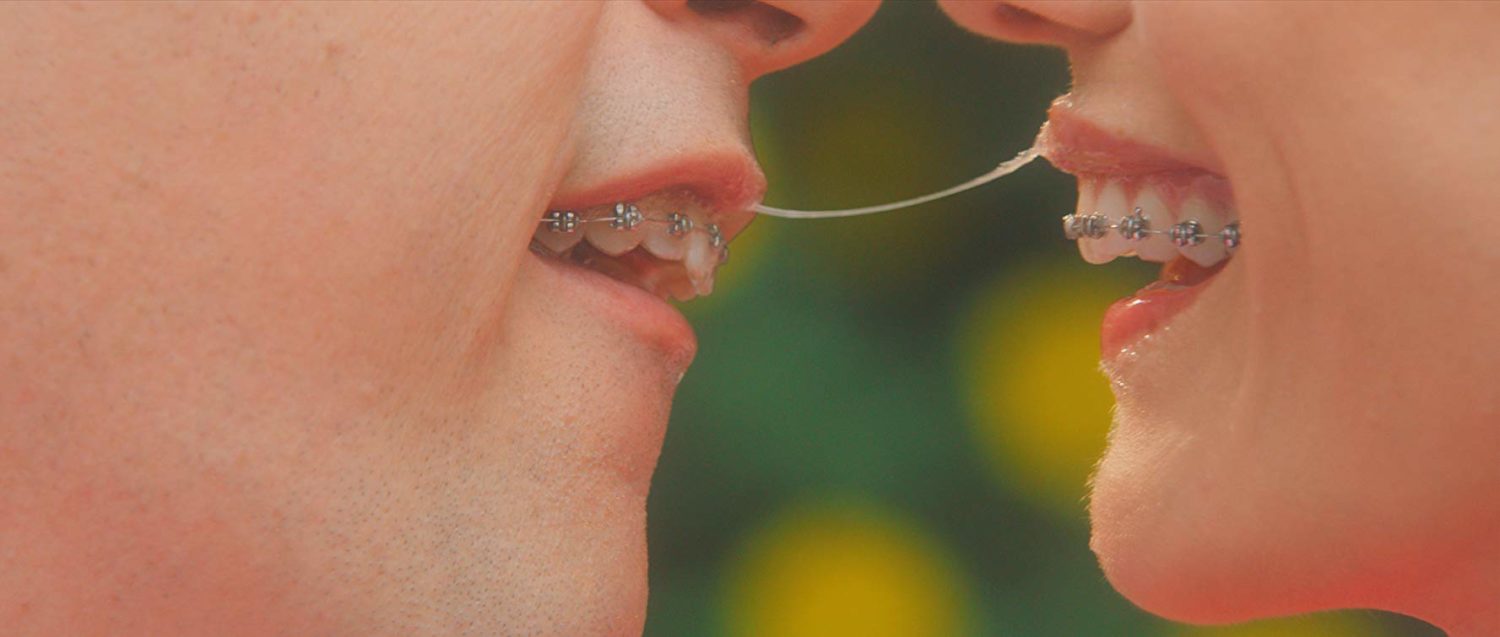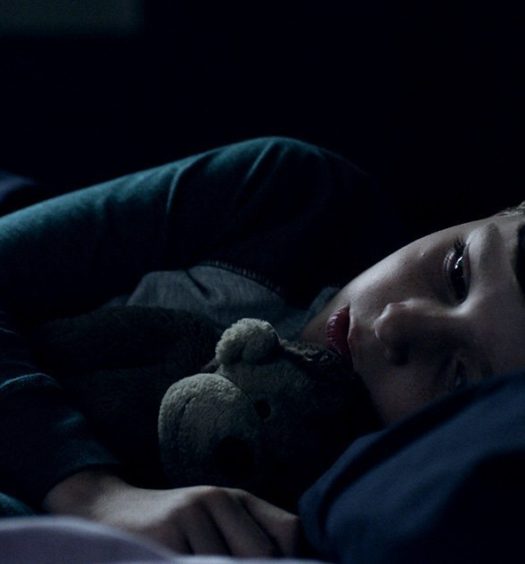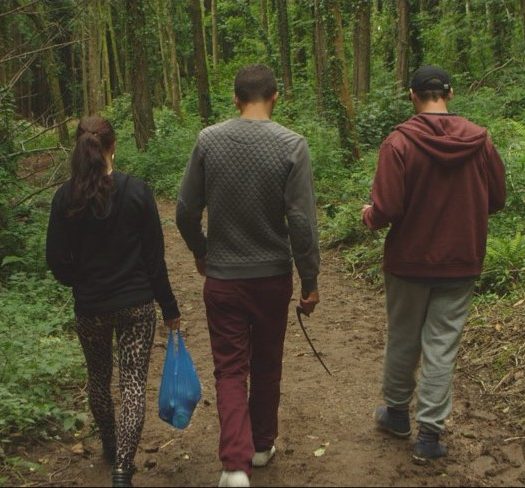The world of Greener Grass, from writers, directors, and co-stars Jocelyn DeBoer and Dawn Luebbe, is similar to our own; it’s just slightly off-kilter. Similar to some dreams, you find yourself in a place that should be familiar yet it seems completely alien. The film’s setting is somewhat evocative of Lumberton in David Lynch’s Blue Velvet. Instead of a severed ear, these manicured lawns contain different secrets.
Despite having picture-perfect lives, the characters constantly try to change things. Even though they have model-quality smiles, all of the adults in the film wear braces. Parents freely give away infants to friends who lament the fact that they won’t be able to have more children. When a divorce occurs, it’s of the utmost importance that everyone knows about it. Like many storybook towns, there is an undercurrent of danger and mystery lurking in the periphery; here it is the recent murder of a yoga teacher by a criminal dubbed “The Bagger Murderer.”

Greener Grass takes a look at the emptiness found at the core of the American dream, the fears and challenges of being a parent, a child, or a spouse, and the feelings of being trapped in a life you may never have imagined for yourself.
The film focuses primarily on the families of Jill and Lisa (portrayed by DeBoer and Luebbe). Their lives revolve around their children’s interests and a series of interactions with their neighbors. An endless rotation of soccer games, recitals, and karate classes broken up by backyard barbecues and unintentional swapping of spouses. The comedy from these situations ranges from the head-tilting strange to the laughing aloud varieties. A tangible sense of pathos lies just beneath the surface in a way that’s surprising for a movie that appears to be an upbeat and sunny comedy. Greener Grass looks at the emptiness found at the core of the American dream. It dives headlong into the fears and challenges of being a parent, a child, or a spouse, and the feelings of being trapped in a life you may never have imagined for yourself.
The stars of the film do admirable work balancing the off-kilter humor with this residing melancholy. Dawn Luebbe and Jocelyn DeBoer have created a fully-realized world here, filling it with quirky and memorable characters. They display genuine emotions during even the most surreal situations. The performance of Julian Hillard (who played young Luke Crain in The Haunting of Hill House) is also noteworthy. He handles moments of joy, humor, and sadness as deftly as those portrayed by his adult co-stars. When these characters break free of their assumed roles and restrictions, we share in their moments of joy as well.
There is a keen eye for detail at work in the world-building of Greener Grass; this is not surprising since the feature was based on an earlier award-winning short film by the same title. DeBoer and Luebbe found themselves continually drawn back to this work. Greener Grass is a movie that rewards the attentive viewer. Small details appear throughout the film. Some of these are more obvious and played for laughs. Programs and commercials like “Bald Men and Bouquets” and “Kids with Knives” appear on television. Other details are hidden in the background and seem to have more ominous overtones; a suspected murderer lurking in shadows, or unexpected changes to family photos.

Dawn Luebbe and Jocelyn DeBoer have created a fully-realized world here, filling it with quirky and memorable characters
Greener Grass also has multiple plot elements which it would be a shame to spoil outright, though a brief mention might provide a better idea of just how weird the movie gets and why it is deserving of the attention of horror fans, not to mention worthy of its recent addition to the roster of films presented by IFC Midnight. In addition to the storyline around “The Bagger Murderer,” the film features an inexplicable and quite literal transformation of a central character, a soccer field built over a graveyard, and a possessed child complete with glowing eyes. The score by composer Samuel Nobles incorporates just enough of 1980s horror-synth DNA that it could easily sit on the shelf next to your collection of classics and the modern scores they inspired.
Though Greener Grass is unlike pretty much any other movie you’ve seen, there are certain touch-points which may give you an idea of its pedigree. In addition to the aforementioned Blue Velvet, I also found myself thinking of Joe Dante’s The ‘Burbs as well as sketch comedy landmarks Mr. Show and Upright Citizens Brigade. In the film’s credit sequence, UCB receives a special thanks. I didn’t know this going into the screening, but DeBoer and Luebbe met through the Upright Citizens Brigade theater and spent years there honing their craft. As an aside, there were several items in the credits that got me laughing all over again. I suggest sticking around for them.
At this time I’m unaware of the release plans for Greener Grass. The film was acquired during Sundance by IFC Midnight. DeBoer and Luebbe mentioned a 2019 release during the post-screening Q&A. While the humor may be a little too surreal for some mainstream audiences, viewers who appreciate the hilarity of the bizarre will find a lot to like here. Recommended.
the film was based on an earlier award-winning short film by the same title
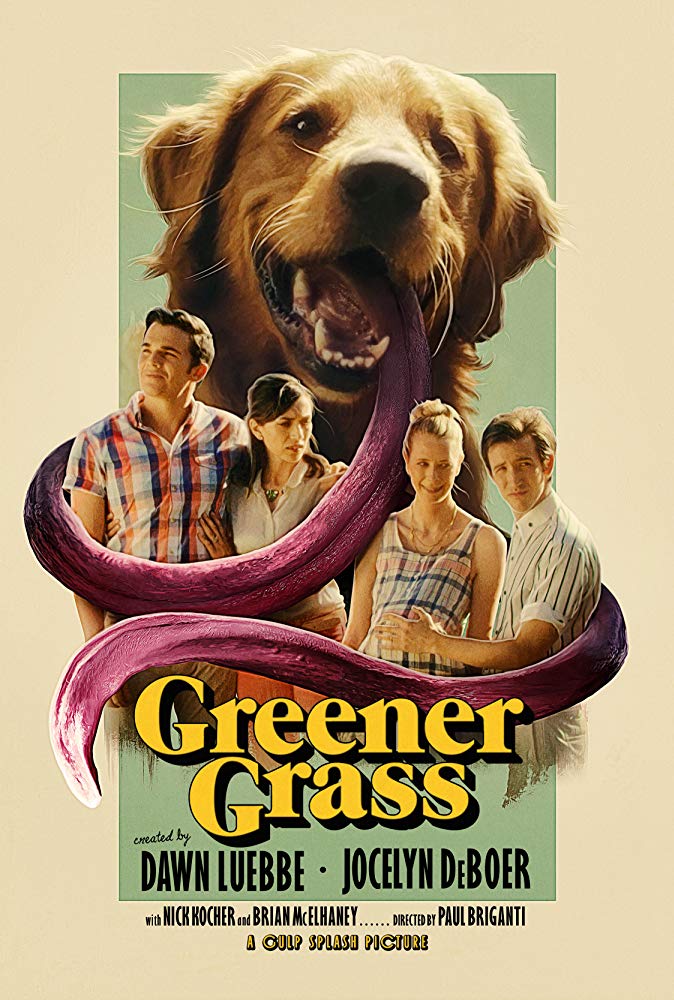
Brace Yourself for the Surreal, Absurd Dark Comedy ‘Greener Grass’ [SXSW Review]
Surreal
A well-constructed and fully-realized comedy of the bizarre, Greener Grass has a melancholy streak at its heart and surprising emotional depth. While the dark and surreal comedy undoubtedly takes center stage, elements of the horror and thriller movies will appeal to genre fans.
